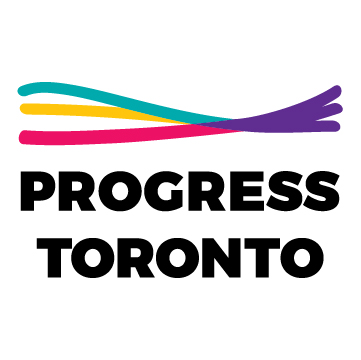Petition: 24/7 Indoor Warming Spaces
Toronto’s shelter system is beyond capacity right now. Hundreds of people are being turned away each night and recently a person froze to death while living outdoors. Meanwhile, as shown by video, large vehicles with big metal claws are being used to cruelly destroy the shelter people are making to stay safe. But here’s the thing — there’s nowhere for people to go.
The City Budget is being debated on February 15 and City Council can decide to fund drop-in access, 24/7 indoor warming spaces throughout the winter.
Help to make sure this passes at City Council. Use our tool below to send a message directly to your local city councillor and the mayor. Tell them to vote yes to opening up 24/7 warming spaces and keeping them open. Scroll down to find out more.
“Without 24/7 drop-ins, homeless Torontonians will continue to be stranded.”
January 11 Toronto Star Op-ed by Diana Chan McNally, a front-line worker supporting homeless people, an instructor at George Brown College and a fellow of Maytree Canada.
“If we considered this — hundreds of people with no place warm to go to sleep — an actual emergency, and treated it the way we’d likely respond to a natural disaster, for instance, the city doesn’t lack warm places to shelter people.”
January 14 column by Edward Keenan “If there’s no room in shelters, why use raw force — and a mechanical claw — to clear homeless tents?”
More Information & Ways to Take Action
The Shelter & Housing Justice Network and Health Providers Against Poverty are doing lifesaving work on housing and shelter rights in our city.
Here is an excerpt from their letter to City Council, which has been signed by over 650 organizations and individuals:
“These deaths are preventable. These hypothermia and freezing related deaths are preventable. Cold-related injuries, like frostbite, which can lead to permanent disfigurement, loss of life and limb, disability, and serious complications such as sepsis are also preventable.
How the City chooses to spend its budget highlights its priorities. When we talk about investing in community safety, this will not come from increased policing. Rather, communities have safety when they have stability and access to basic human rights: housing, healthcare, sleep, food, and social supports.
Yet, in the last year, we have seen the cutting of housing workers and programs, the slashing of drop-in funds, and the disappearance of 24/7 respite spaces. The City has closed down – and will continue to close – numerous shelter-hotel spaces, displacing hundreds of residents back onto the streets. Instead of investing in safe spaces for vulnerable people, the Mayor is proposing an increased budget to Toronto Police Services, TTC Special Constables and TTC outreach workers. The fact remains that decreased social services and supports leaves people with nowhere to go. People are going to hospitals because they have nowhere else to go, leaving both hospitals scrambling to find options for safe shelter – and coming up empty. Transit police and outreach workers also have nowhere to send people. Without available, safe, and accessible space for unhoused people to come indoors, any investment or attempts at outreach or triage are ultimately fruitless.
People who are unhoused, vulnerably housed, and in precarious living scenarios have nowhere to go. Shelters are beyond capacity, even according to the City’s own data. Warming centres are limited, with only 45 cots available in downtown Toronto. They are only opened when temperatures drop below -15 ℃ which leaves people out in the cold when temperatures are below freezing but not at this arbitrary threshold. Research shows that the majority of cases of cold related injuries and deaths occur during periods of low to moderate cold. Meanwhile, the City’s own data shows that over 100 people are turned away from shelters and sleep outside every night. There are over 80,000 families on the affordable housing waitlist. Most people wait over 10 years for housing, and even longer should you have accessibility needs.”
Progress Toronto has signed on to the Shelter & Housing Justice Network and Health Providers Against Poverty letter and we support their full list demands as follows:
Open warming centers between September 15 and June 1 every year when the forecasted temperature for the day is 0°C or below, and ahead of inclement weather including freezing rain or snow. Ensure livable conditions in these spaces, i.e. access to hot meals, washrooms, showers, proper sleeping spaces with distanced measures, as well as social work supports. Create a minimum of 250 spaces downtown, with access to alternative spaces granted through TTC fare or taxi.
Reinstate low-barrier 24/7 respite space until the shelter capacity is below 90%, as per the Toronto Shelter Standards
Keep existing hotel-shelter spaces open, and add at least 2700 more non-congregate shelter spaces
Stop the eviction of encampments and the destruction of survival gear
Collaborate with all levels of government to build 10,000 rent geared-to-income units immediately and 90,000 additional units to address the growing waitlist
You can see the letter and your name as a concerned Torontonian or an organization here.

